What is the Moravian musical heritage?
The Moravian musical heritage forms a vital link
in the history of American music and culture.
During the late eighteenth and early nineteenth centuries, the Moravians in America fostered musical activities of high quality and rich diversity, both instrumental and vocal, both in organized worship services and in recreational pursuits. The early Moravian settlers in America enjoyed a rich musical culture, which has been preserved to a remarkable degree; their musical life thus represents a significant contribution to the American musical scene, though they had little appreciable influence upon it. No examination of the music of early America can be complete without taking the Moravians into account.
The Moravian musical heritage is an important piece of musical and cultural history for several reasons: First, because of its craftsmanship, musicality, and sincere portrayal of spiritual values. As written for capable amateurs, it avoids virtuosic display, but it is far from simplistic or condescending. Second, this music represents the finest body of music written or performed in America during the eighteenth and early nineteenth centuries. During the eighty years from about 1760 to 1840, American Moravians wrote hundreds of anthems, duets, solo sacred songs, and instrumental pieces, and collected hundreds of others — both printed and hand copied. Visitors to the Moravian communities were consistently high in their praise of Moravian musical activities. Third, the Moravians performed the best of European music, often prior to performances of the same works in larger American cities. The question of “firsts” is difficult to establish in any historical discipline, but there is no doubt that the Moravians were aficionados of the finest in contemporary music from Europe and America.
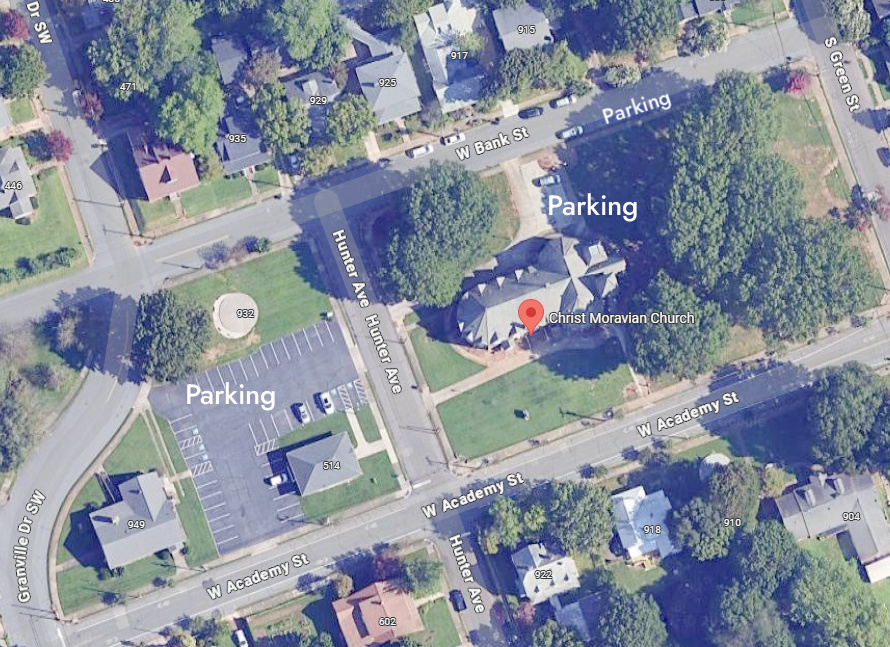
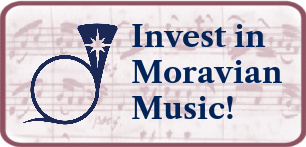

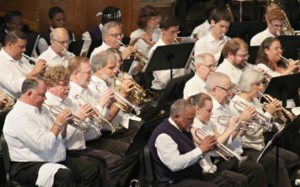
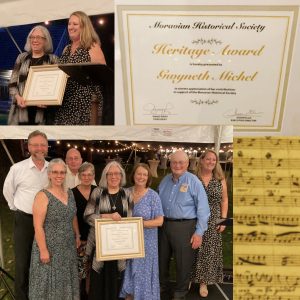
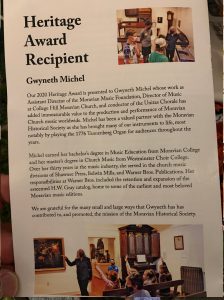
Leave a Reply